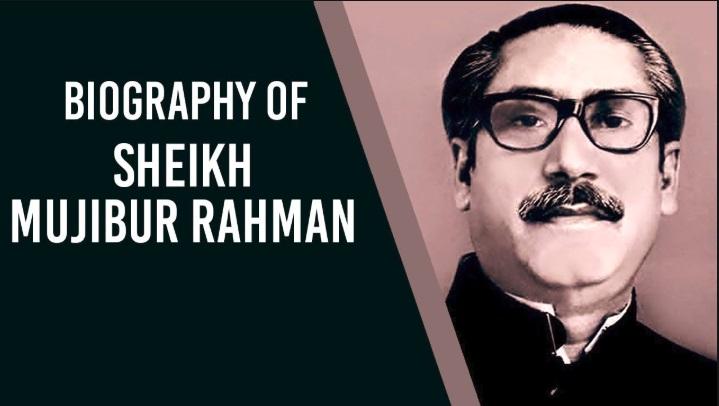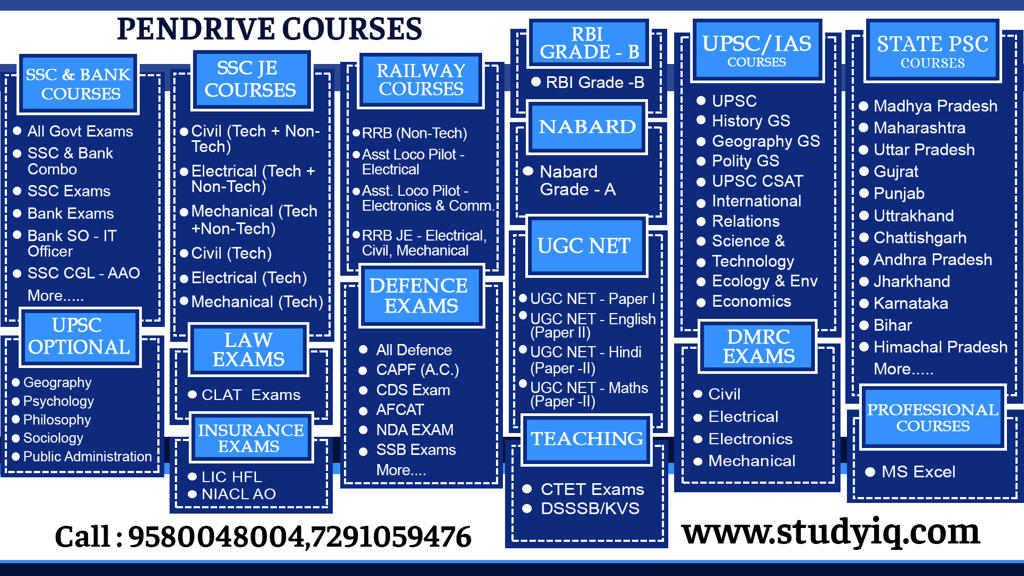Table of Contents
SHEIKH MUJIBUR REHMAAN(Bangabandhu) PART 1
WHAT WE WILL STUDY?
- EARLY LIFE
- AWAMI LEAGUE
- BANGLADESH
- POLICIES BANGABANDHU
- Sheikh Mujibur Rahman (17 March 1920 – 15 August 1975), is the founding father of the People’s Republic of Bangladesh.
- He served as the first President of Bangladesh and later as the Prime Minister of Bangladesh from 17 April 1971 until his assassination on 15 August 1975. He is considered to be the driving force behind the independence of Bangladesh.
- He is popularly dubbed with the title of Bangabandhu (Bôngobondhu “Friend of Bengal”) by the people of Bangladesh. He became a leading figure in and eventually the leader of the Awami League.
EARLY LIFE
- Mujib was born in Tungipara, a village in Gopalganj District in the province of Bengal in British India,to Sheikh Lutfur Rahman, (court clerk) of Gopalganj civil court. He was born into a Muslim, native Bengali family as the third child in a family of four daughters and two sons.
- In 1929, Mujib entered into class three at Gopalganj Public School, and two years later, class four at Madaripur Islamia High School.
- Later, he passed his Matriculation from Gopalganj Missionary School in 1942, Intermediate of Arts from Islamia College (now Maulana Azad College) in 1944 and BA from the same college in 1947.
POLITICAL ACTIVISM
- Mujib became politically active when he joined the All India Muslim Students Federation in 1940, when he was a student of Islamia College.
- He joined the Bengal Muslim League in 1943. During this period, Mujib worked actively for the League’s cause of a separate Muslim state of Pakistan, and in 1946 he went on to become general secretary of the Islamia College Students Union.
- After obtaining his BA degree in 1947, Mujib was one of the Muslim politicians working under Suhrawardy during the communal violence.
LEADER
- After the Partition of India, Mujib chose to stay in the newly created Pakistan. On his return to what became known as East Pakistan, he enrolled in the University of Dhaka to study law and founded the East Pakistan Muslim Students’ League.
- Following the declaration of Muhammad Ali Jinnah on 21 March 1948, that the people of East Bengal would have to adopt Urdu as the state language, protests broke out amongst the population. • Mujib immediately decided to start a movement against this former planned decision of the Muslim League
LEADER
- On 19 March, he organized a movement aimed at securing the rights of the fourth class employees of Dhaka University. On 11 September 1948, he was again arrested
- On 21 January 1949, Sheikh Mujib was released from prison. Out of jail, he again became involved in the demand for the demand of the fourth class employees, for which he was fined from the university.
LEADER
- On 23 June 1949. Suhrawardy and Maulana Bhasani East Pakistan Awami Muslim League. After the formation, Sheikh Mujib left the Muslim League and joined this new team.
- He was elected joint general secretary of party East Pakistan.He joined the movement against the food crisis.
- On 26 January 1952, Khwaja Nazimuddin announced that Urdu would be the only state language of Pakistan. In spite of being kept in jail after this announcement, Mujib played a special role in organizing protests and prevention.
AWAMI LEAGUE
- He was elected to the second Constituent Assembly of Pakistan and served from 1955 to 1958.
- In 1958 General Ayub Khan suspended the constitution and imposed martial law. Mujib was arrested for organizing resistance and imprisoned till 1961. After his release from prison, Mujib started organising an underground political body called the Swadhin Bangal Biplobi Parishad (Free Bangla Revolutionary Council), comprising student leaders, to oppose
SIX POINTS
- Following Suhrawardy’s death in 1963, Mujib came to head the Awami League, which became one of the largest political parties in Pakistan.
- The party had dropped the word “Muslim” from its name in a shift towards secularism and a broader appeal to non-Muslim communities.
- Mujib was one of the key leaders to rally opposition to President Ayub Khan’s Basic Democracies plan, the imposition of martial law and the one-unit scheme, which centralized power and merged the provinces.
- Working with other political parties, he supported opposition candidate Fatima Jinnah against Ayub Khan in the 1964 election.
SIX POINTS
- In 1966, Mujib proclaimed a 6-point plan titled Our Charter of Survival at a national conference of opposition political parties at Lahore. According to his plan:
- The constitution should provide for a Federation of Pakistan in its true sense on the Lahore Resolution and the parliamentary form of government with supremacy of a legislature directly elected on the basis of the universal adult franchise.
- The federal government should deal with only two subjects: defense and foreign affairs, and all other residuary subjects shall be vested in the federating states.
- Two separate, but freely convertible currencies for two wings should be introduced; or if this is not feasible, there should be one currency for the whole country. Furthermore, a separate banking reserve should be established and separate fiscal and monetary policy be adopted for East Pakistan.
- The power of taxation and revenue collection shall be vested in the federating units and the federal center will have no such power.
- There should be two separate accounts for the foreign exchange earnings of the two wings.
- East Pakistan should have a separate militia or paramilitary forces.
ANTI AYUB MOVEMENT
- Mujib was arrested by the Pakistan Army and after two years in jail, an official sedition trial in a military court opened.
- The government caved to the mounting pressure, dropped the charges on 22 February 1969 and unconditionally released Mujib the following day. He returned to East Pakistan as a public hero. He was given a mass reception on 23 February, at Racecourse ground and conferred with the title Bangabandhu, meaning Friend of the Bengal.
- On 5 December 1969 Mujib made a declaration at a public meeting held to observe the death anniversary of Suhrawardy that henceforth East Pakistan would be called “Bangladesh“
SHEIKH MUJIBUR REHMAAN(Bangabandhu) PART 2
BANGLADESH
- A major coastal cyclone struck East Pakistan on 12 November 1970, leaving hundreds of thousands dead and millions displaced.
- Bengalis were outraged and unrest began because of what was considered the weak and ineffective response of the central government to the disaster.
- Public opinion and political parties in East Pakistan blamed the governing authorities as intentionally negligent. The West Pakistani politicians attacked the Awami League for allegedly using the crisis for political gain. The dissatisfaction led to divisions within the civil services, police and Pakistani Armed Forces.
BANGLADESH
- In the Pakistani general elections held on 7 December 1970, the Awami League under Mujib’s leadership won a massive majority in the provincial legislature.
- The largest and most successful party in the western wing of the nation was the Pakistan Peoples Party headed by Zulfikar Ali Bhutto.
- He was completely opposed to Mujib’s demand for greater autonomy.Bhutto threatened to boycott the assembly and oppose the government if Mujib was invited by Yahya Khan (then president of Pakistan).
BANGLADESH
- It was on 7 March 1971 that Mujib called for independence and asked the people to launch a major campaign of civil disobedience and organized armed resistance at a mass gathering of people held at the Race Course Ground in Dhaka.
- The struggle now is the struggle for our emancipation; the struggle now is the struggle for our independence. Joy Bangla!..
- The Pakistan Army launched Operation Searchlight to curb the political and civil unrest, fighting the nationalist militias that were believed to have received training in India.
BANGLADESH
- Sheikh Mujib was arrested and taken to West Pakistan from Tejgaon Airport. Mujib was moved to West Pakistan and kept under heavy guard in a jail near Faisalabad (then Lyallpur).
- The East Bengali army and police regiments soon revolted and League leaders formed a government in exile in Kolkata under Tajuddin Ahmad, a politician close to Mujib. A major insurgency led by the Mukti Bahini (Freedom Fighters) arose
- Following Indian intervention in December 1971, the Pakistan Army surrendered to the joint force of Bengali Mukti Bahini and Indian Army, and the League leadership created a government in Dhaka which was called Mujibnagar Government.
BANGLADESH
- Upon assuming the presidency after Yahya Khan’s resignation, Zulfikar Ali Bhutto responded to international pressure and released Mujib on 8 January 1972.
- Mujib briefly assumed the provisional presidency and later took office as the prime minister. A new country Bangladesh begins with a lot of ‘rampage and rape of Bangladesh economy’ by Pakistani occupation force.
RECONSTRUCTION
- The Mujib government faced serious challenges, which including the rehabilitation of millions of people displaced in 1971, organising the supply of food, health aids and other necessities.
- A five-year plan released in 1973 focused state investments into agriculture, rural infrastructure and cottage industries.
- After Bangladesh achieved recognition from major countries, Mujib helped Bangladesh enter into the United Nations and the Non-Aligned Movement.
RECONSTRUCTION
- He travelled to the United States, the United Kingdom and other European nations to obtain humanitarian and developmental assistance for the nation.
- Mujib maintained a close tie with India He signed a treaty of friendship with India, which pledged extensive economic and humanitarian assistance and began training Bangladesh’s security forces and government personnel.
- Mujib sought Bangladesh’s membership in the Organisation of the Islamic Conference and the Islamic Development Bank.
CRITICISM
- Mujib’s government soon began encountering increased dissatisfaction and unrest. His programs of nationalization and industrial socialism suffered from lack of trained personnel, inefficiency, rampant corruption, and poor leadership.
- Mujib focused almost entirely on national issues and thus neglected local issues and government. The party and central government exercised full control and democracy was weakened, with virtually no elections organized at the grass roots or local levels.
- Political opposition included communists as well as Islamic fundamentalists, who were angered by the declaration of a secular state.
ASSASINATION
- On 15 August 1975, a group of junior army officers invaded the presidential residence with tanks and killed Mujib, his family and personal staff.
- Only his daughters Sheikh Hasina and Sheikh Rehana, who were visiting West Germany at the time, escaped. They were banned from returning to Bangladesh.
- The coup was planned by disgruntled Awami League colleagues and military officers, which included Mujib’s colleague and former confidanté Khondaker Mostaq Ahmad, who became his immediate successor






















 WhatsApp
WhatsApp